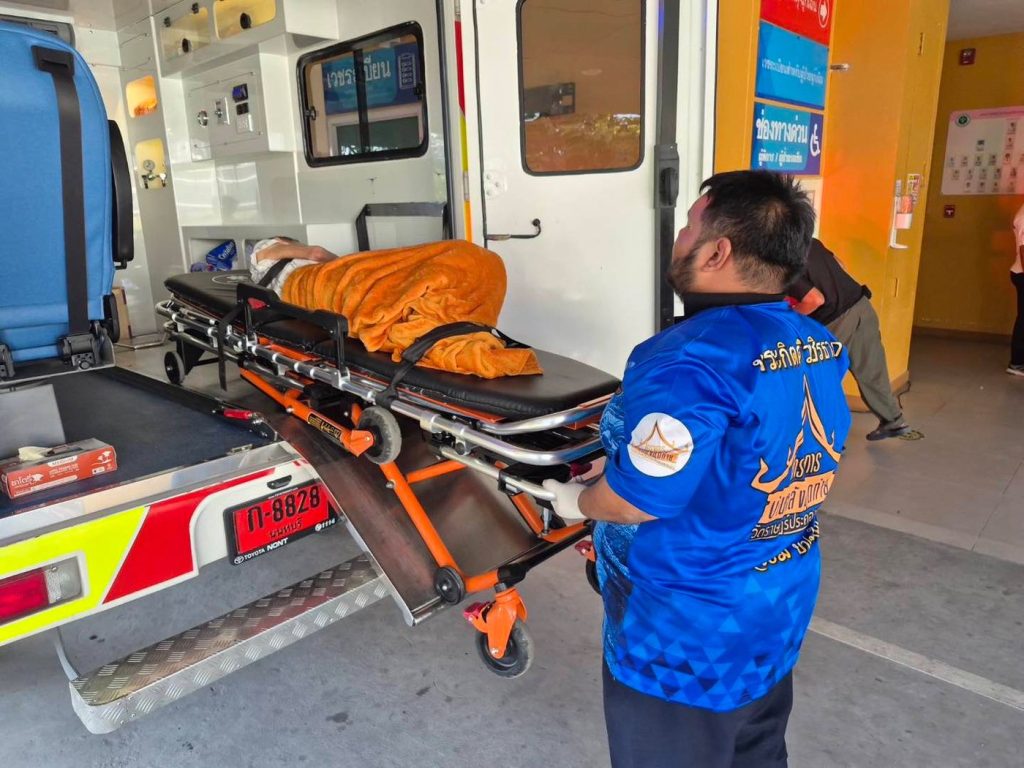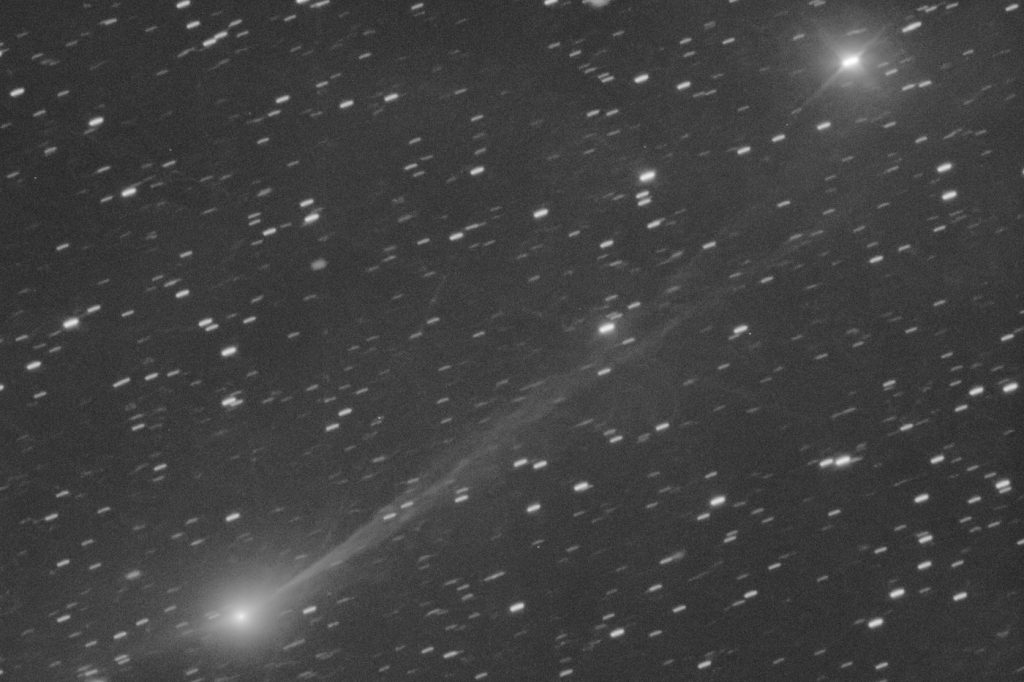A shocking incident occurred at Wat Rat Prakhong Tham, a Buddhist temple located in Nonthaburi province, just outside of Bangkok, Thailand. A 65-year-old woman, who was presumed dead, demonstrated unexpected signs of life just before her scheduled cremation. This extraordinary event was captured on video and later shared on the temple's Facebook page, revealing the woman's slight movements while lying in a white coffin in the back of a pick-up truck.
According to Pairat Soodthoop, the general and financial affairs manager of the temple, the woman's brother brought her to the temple for cremation after she had been bedridden for approximately two years. The brother had reported that her health had seriously deteriorated, and she had been unresponsive for the previous two days, leading him to believe she had passed away. However, as they arrived at the temple, they heard a faint knocking sound coming from the coffin, prompting the temple staff to investigate further.
Startled by the knocking, Pairat requested that the coffin be opened. To everyone’s astonishment, the woman was discovered with her eyes slightly open and knocking on the side of the coffin. Pairat noted, "I was a bit surprised, so I asked them to open the coffin, and everyone was startled. I saw her opening her eyes slightly and knocking on the side of the coffin. She must have been knocking for quite some time.” It was a moment of sheer disbelief for those present.
The woman’s brother explained that he had intended to transport her to a hospital in Bangkok to fulfill her wish of donating her organs. However, the hospital refused to accept the woman without an official death certificate. The temple also offers a free cremation service, which is why the brother sought their assistance. Unfortunately, without the death certificate, the temple was unable to proceed with the cremation on that day.
As Pairat was in the midst of explaining how to obtain a death certificate, the strange knocking from the coffin occurred, leading the staff to reassess the situation. They quickly decided to send the woman to a nearby hospital for medical evaluation. The abbot of the temple stated that the temple would cover her medical expenses, demonstrating their commitment to helping the woman in this unexpected turn of events.
This incident not only highlights the importance of proper medical examination before declaring a person deceased but also raises questions about the circumstances that can lead to misdiagnosis of death. The case serves as a reminder of the delicate nature of life and the potential for unexpected outcomes in critical situations.












